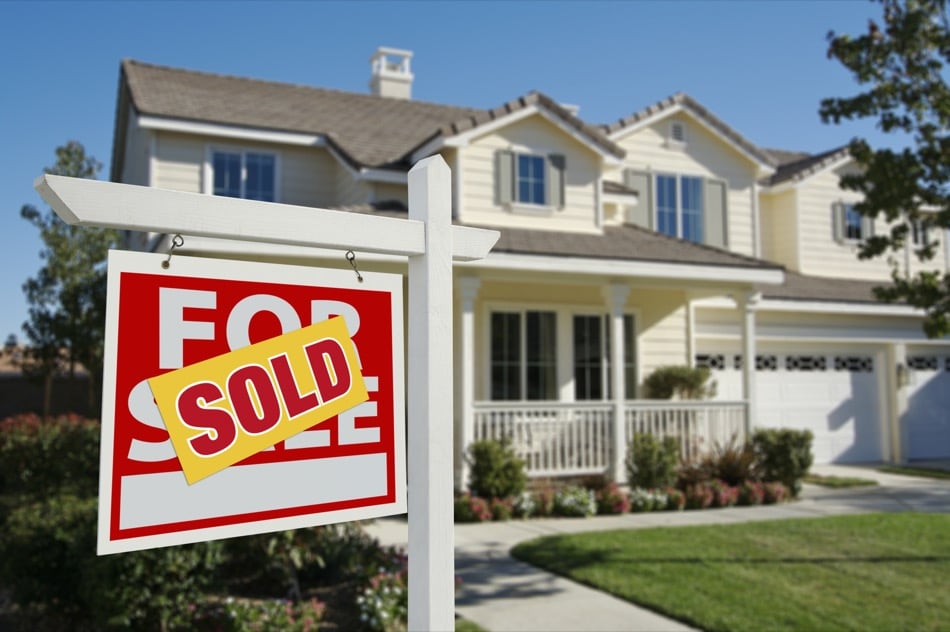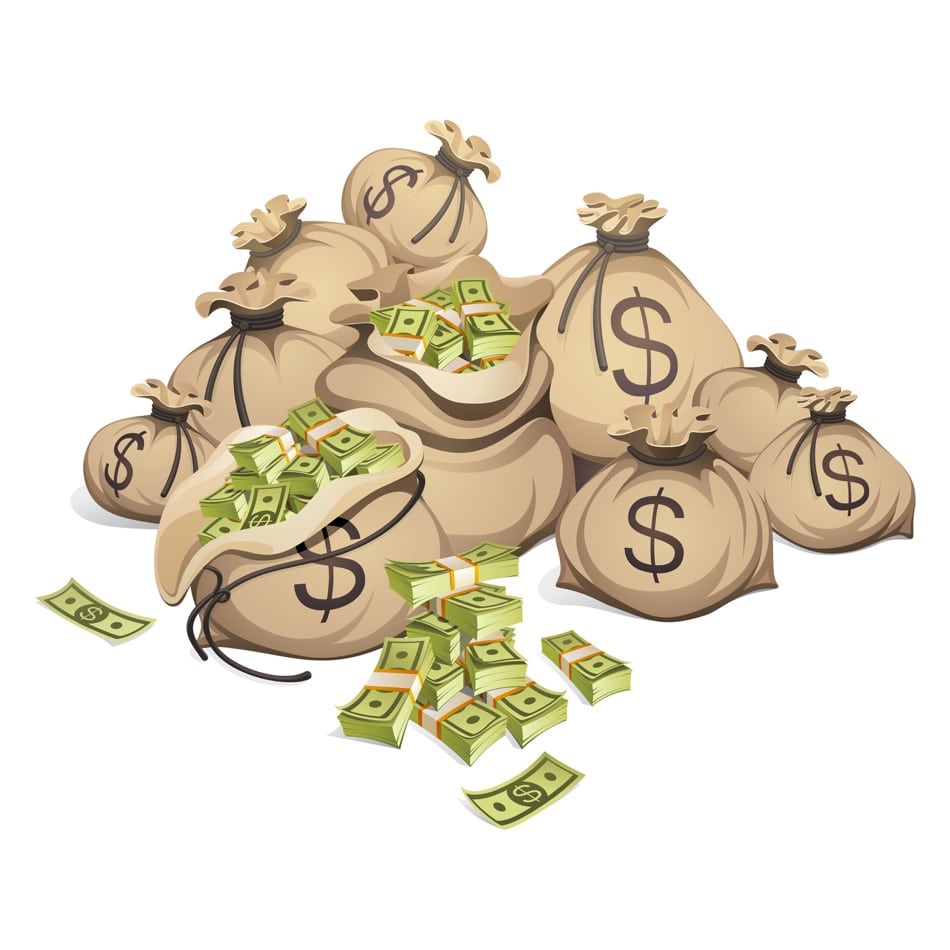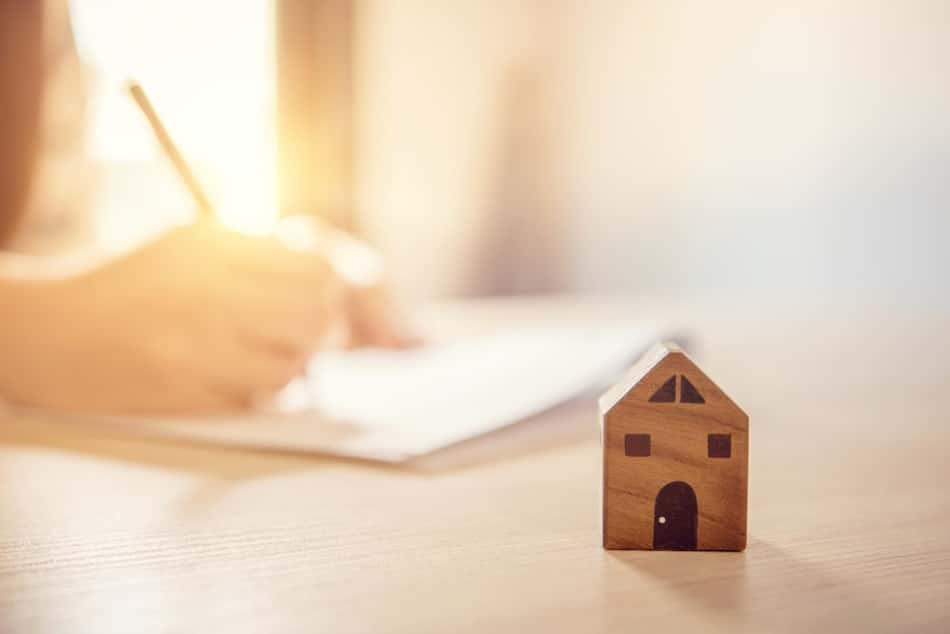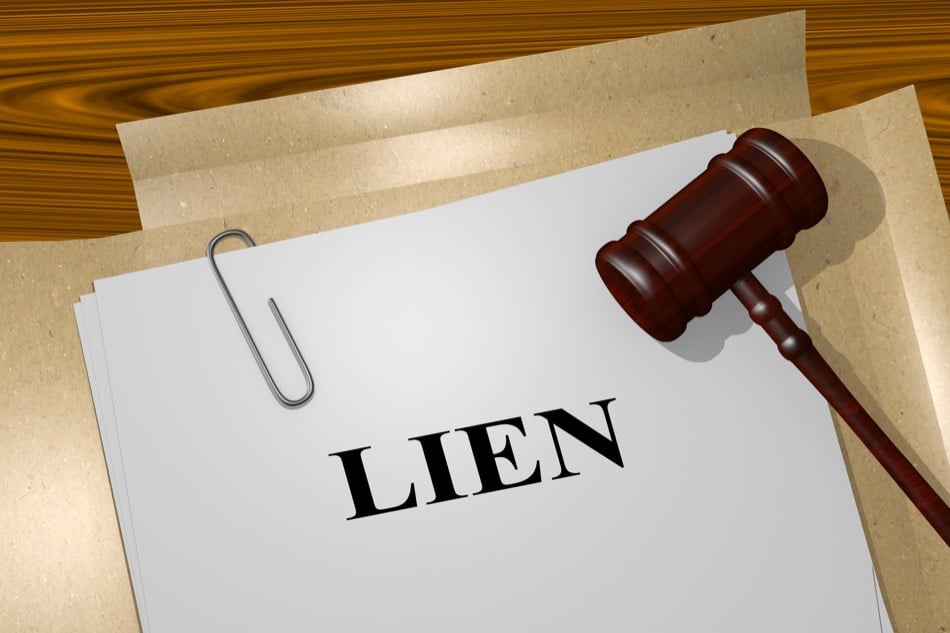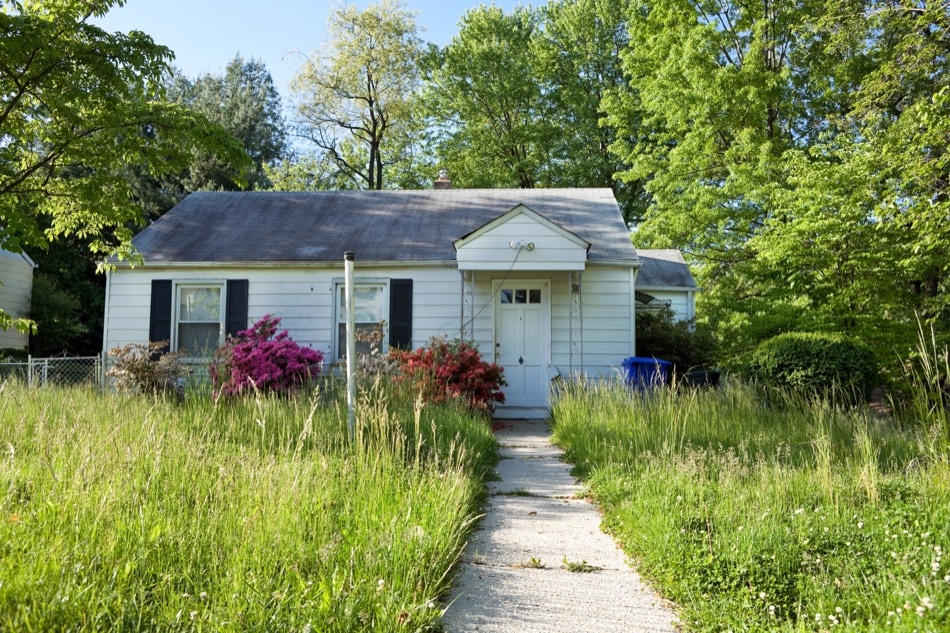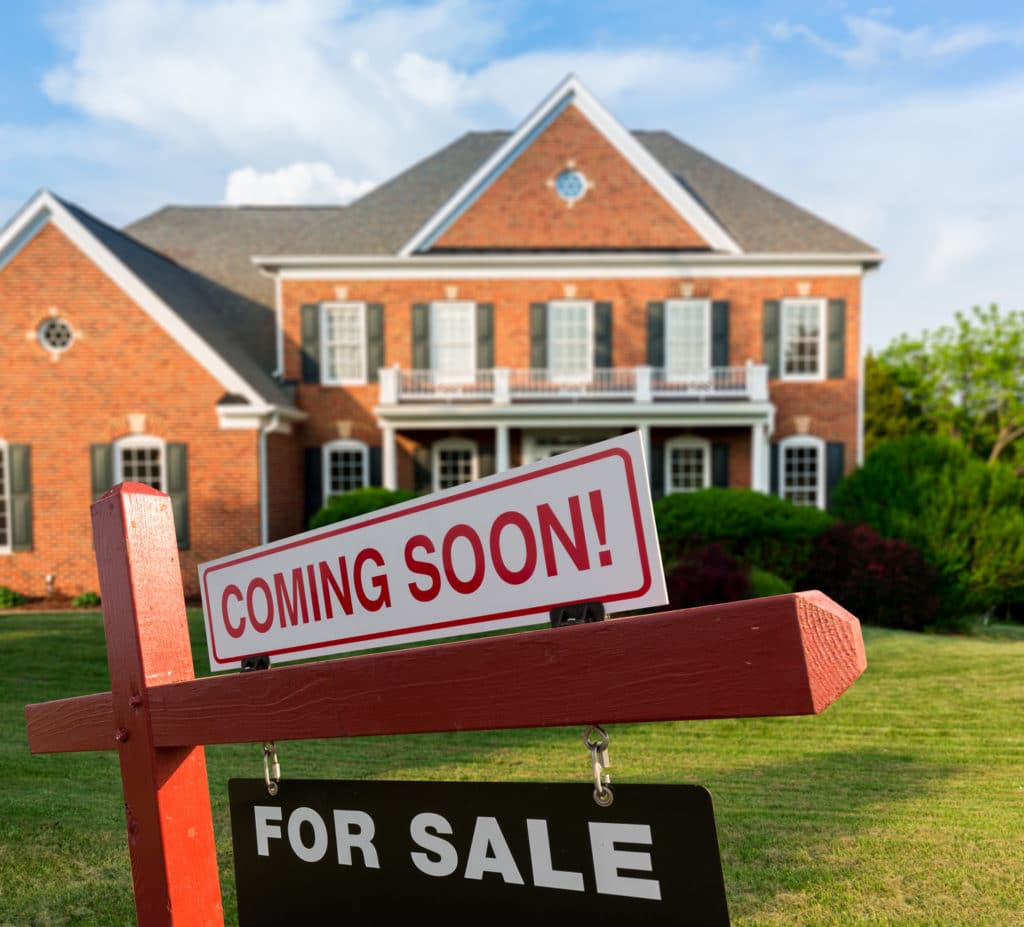
Everything You Need to Know About Home Flipping
 For some people, home flipping is a hobby. Many like doing it because it enables them to make extra money while being handy and creative at the same time. It takes a special kind of person to be successful at home flipping. People who do well as home flippers are often knowledgeable about construction, strategic in their thinking, and imbued with business savvy. If you think that home flipping could be a good hobby for you too, here’s what you need to know.
For some people, home flipping is a hobby. Many like doing it because it enables them to make extra money while being handy and creative at the same time. It takes a special kind of person to be successful at home flipping. People who do well as home flippers are often knowledgeable about construction, strategic in their thinking, and imbued with business savvy. If you think that home flipping could be a good hobby for you too, here’s what you need to know.
What You Need to Get Started
Before someone can get started home flipping, they must first have the right resources to help them through the process.
Money
It takes money to buy homes and renovate them. To buy and flip the first house, the home buyer may need:
- Usually a down payment of at least 20%
- Money for renovating the home (amount varies)
- Closing costs (between 1% and 5% of the price of the home)
The exact amount that the buyer will need to fix up the home after purchasing it can be hard to gauge. Work with a real estate professional, financial planner and mortgage lender to decide how much money is needed to get the home in good condition.
Time
Fixing up a home takes a lot of time. If a buyer has a full-time job, it can take months or even years to fully improve a house. In that time, the homeowner must be paying taxes and maintaining the parts of the home in good condition. Homeowners who don’t have time to get the house fully fixed up before they have to sell may not be ready to flip homes.
Home buyers who are trying to flip their first house should budget for a lot more time than they think flipping the home will take. This way, if fixing up and selling the house takes much longer than they anticipate, this won’t create problems.
DIY Skills
Many people who flip homes will hire contractors to do the biggest and most complex home improvement projects. However, hiring contractors to do everything can quickly become cost inefficient. Doing some work without hiring a contractor (by doing it yourself) is a good way to save money and increase profit margins. People who like flipping houses should know how to do basic things like:
- Replace a toilet
- Unclog a sink
- Paint walls
- Repair drywall
- Replace landscaping
Those who are not comfortable with DIY projects may not find flipping houses very rewarding.
Contractor Connections
Since most people who flip houses need to hire a lot of contractors, it’s helpful to have contractor connections in the area where the home is located. Knowing contractors who do good work or who would be willing to give the homeowner a deal can help the homeowner get the home repaired when the time comes. A new homeowner who is flipping their first house may need to forge those connections.
A Plan
Real estate flipping is a business transaction. The best way to ensure that the project will be a success is to develop a plan before making the purchase. This plan should involve a timeline, list of repairs to be done and a budget. With a plan in place, it becomes much easier to flip a home.
Contact an Agent to Get Started Today
If you’re a Minneapolis home buyer who would like to get started flipping homes, find a real estate agent you trust. Depending on how many homes you buy and flip in a year, your real estate agent could become the greatest, most valuable asset you have. To find the right real estate agent, interview each potential candidate. Hire the agent who can answer your questions and who understands your position.
